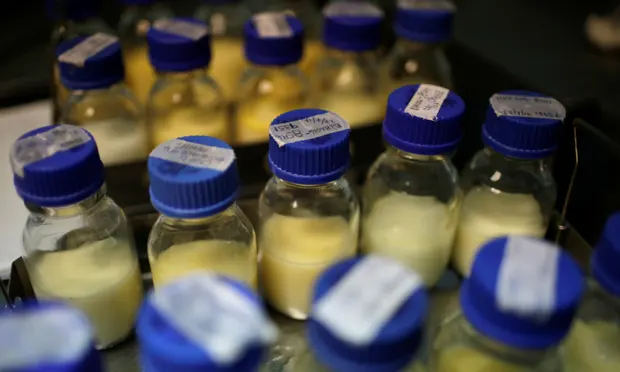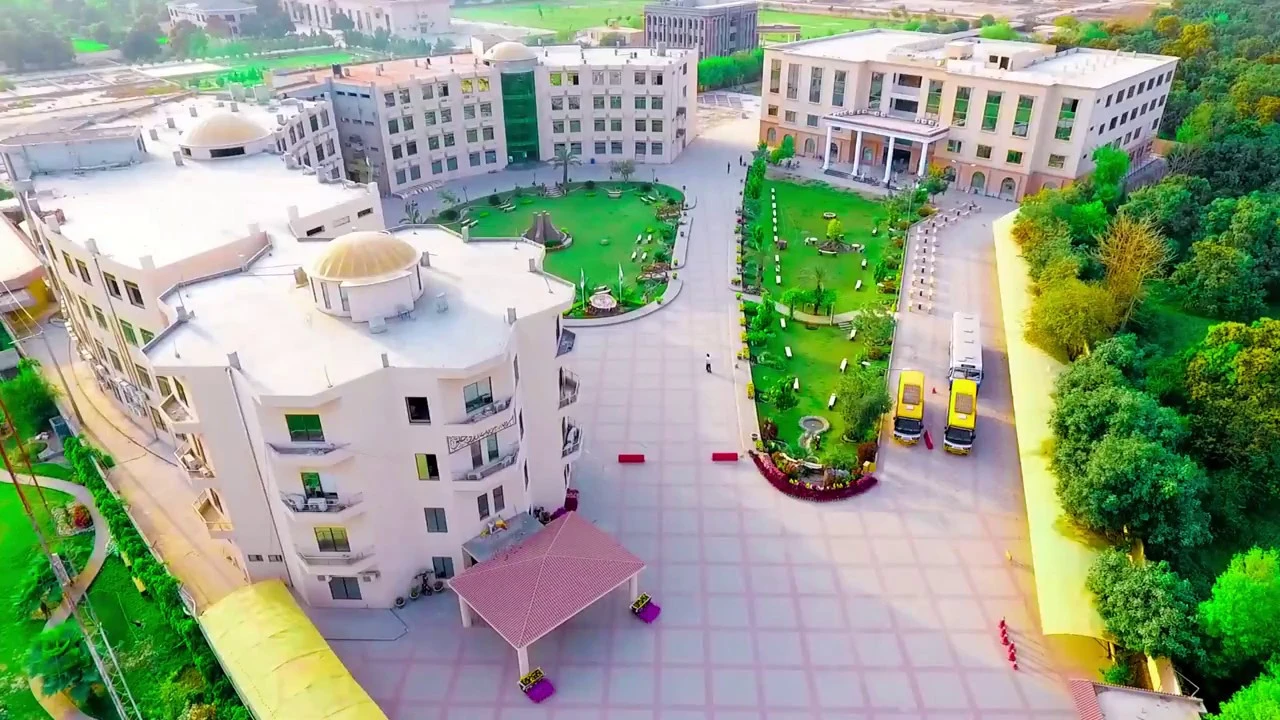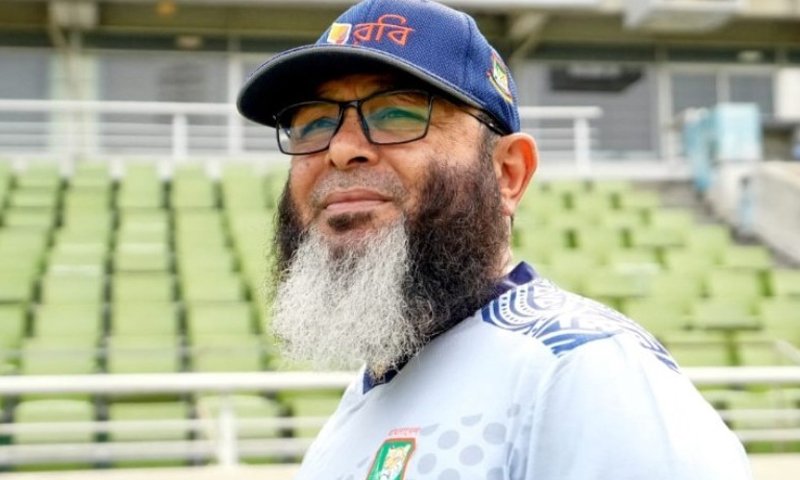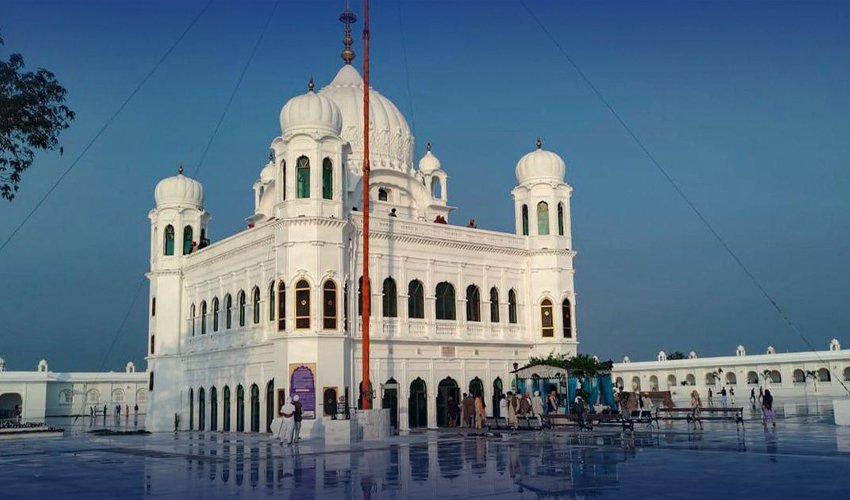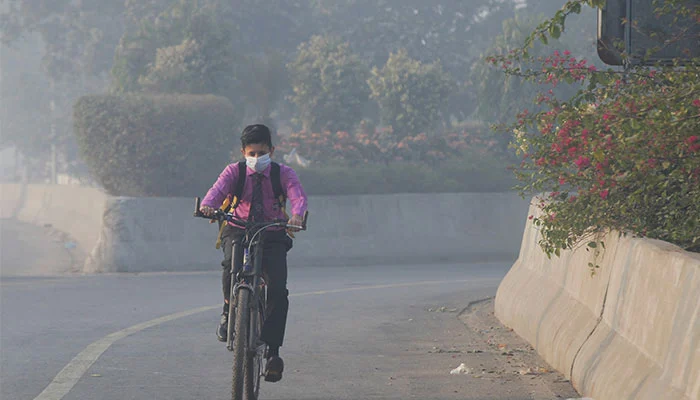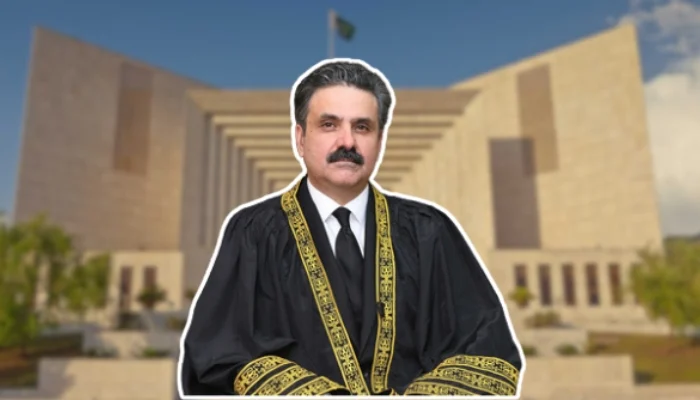A hospital in Karachi, which had launched the first breast milk bank for premature babies, is in talks to reopen the facility after clerics deemed it un-Islamic, according to doctors and the Islamic council. The milk bank had initially received religious approval in December from Jamia Darul Uloom Karachi. Still, this approval was withdrawn almost immediately after the facility opened in June, forcing it to close.
Dr. Jamal Raza, the executive director of the Sindh Institute of Child Health and Neonatology (SICHN) hospital, where the milk bank was set up, emphasized the critical importance of breast milk for premature babies’ survival. He stated, “Breast milk is the only way to improve the chances of the survival of premature babies.” He also expressed frustration, noting that people misunderstood the purpose of the facility, which was solely to provide breast milk to premature babies.
According to the UN Children’s Agency, which ranks Pakistan among the highest in South Asia with a neonatal mortality rate of 39 fatalities per 1,000 live births, the milk bank was established to help premature babies survive in that nation. By giving premature babies who might not otherwise survive essential nutrition, the institution sought to lower this high death rate.
Jamia Darul Uloom Karachi issued a fatwa clearing the milk bank in December 2023. Later on, nevertheless, the Council of Islamic Ideology expressed worries over possible religious problems with kinship. They noted that Islamic principles hold that the same mother cannot breastfeed husband and wife. This guideline is aimed at preventing issues about relatives and future unions. “The child’s family must know who the donors are so as not to complicate the issue of future marriages between such families,” said Inamullah, the council’s research division chairman.
Inamullah said, “We are confident that the outcome will be favorable,” notwithstanding these reservations about the negotiations. Working together, the hospital and the Islamic council are looking for a solution that honors religious beliefs while simultaneously attending to premature babies’ vital medical requirements.
The temporary shutdown of the milk bank has generated public and medical professional debates and worries. Advocates of the milk bank contend that it is a required facility to save the lives of premature babies, who run a significant risk of death without enough nutrition. They hope a solution can be found that will enable the milk bank to reopen and carry on its essential operations.
Finding a compromise between religious rules and the pressing medical requirements of preterm babies takes the front stage as conversations carry on. Working together, the hospital and spiritual leaders are dedicated to ensuring the milk bank can run in a medically advantageous and religiously acceptable mannermedically advantageous manner and religiously acceptable manner. The result of these negotiations will be significant for deciding the direction of the breast milk bank and its capacity to save Pakistani lives.
